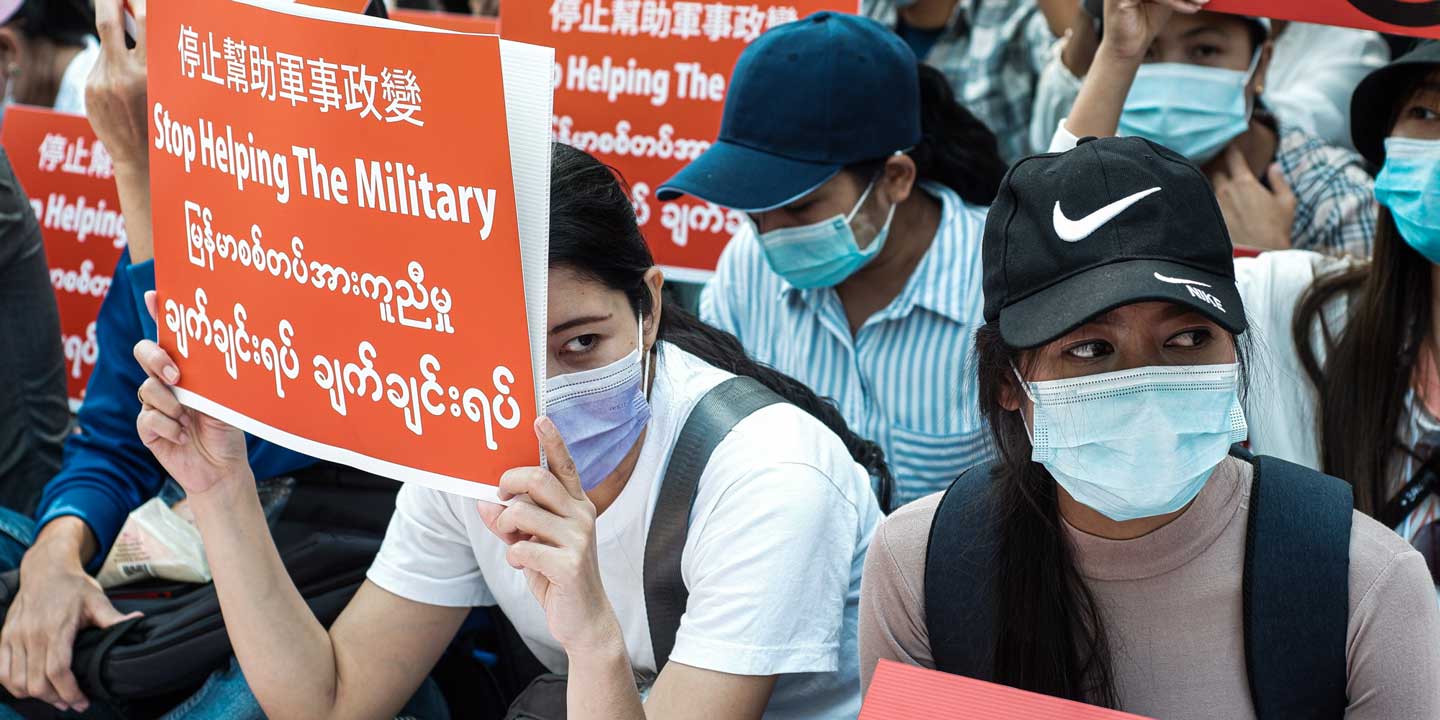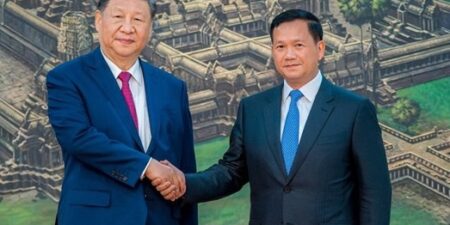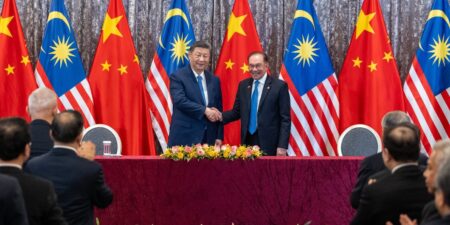BGA’s Myanmar team, led by Judy Ko, sent an update to clients on the situation in Myanmar with the country marking the first anniversary of the military coup that took place on February 1. The update addressed the situation on the ground and the implications for companies.
Context
- Myanmar remains mired in political and economic deadlock as it marks the first anniversary of a military coup that upended its democracy and embroiled much of the country in armed conflict. Despite using violence and increasingly draconian measures to punish the resistance, the State Administration Council (SAC) has been unable to quell dissent and struggles to earn international recognition.
- The junta is tenacious in its pursuit of absolute power heading into 2022, despite facing major setbacks, while the opposition National Unity Government (NUG), also facing growing frustration within its ranks, has stepped up its international engagement. Both the SAC and NUG have rejected calls for dialogue and compromise and the economy is suffering. The World Bank estimates growth will be around a third of what it was without a pandemic or coup.
Significance
- The actions of other regional and international players, including ASEAN, will be important to watch amid the struggle between the SAC and NUG. Cambodian Prime Minister Hun Sen’s policy of outreach to junta leader Senior Gen. Min Aung Hlaing has proved divisive among fellow ASEAN member states.
- Both the government and the opposition have attempted to move forward with political changes which could complicate dynamics. A Federal Democracy Charter is likely to intensify debate and prompt swift junta retaliation. The SAC’s efforts to transition to a proportional representation (PR) electoral system, while still unclear, is viewed by opponents as a means to perpetuate pro-military rule under the guise of democracy.
Implications
- Foreign firms operating in Myanmar remain subject to reputational and security risks. U.S. companies tied to state-owned firms, real estate construction projects, the precious metals and gemstones industry and military business ventures are exposed to U.S. anti-money laundering violations.
- There are several upcoming legislative and regulatory developments to watch for businesses. These include a cybersecurity law that has raised rights concerns, an anti-foreign interference bill and adjustments made to taxes and imports.
BGA will continue to keep you updated on developments in Myanmar as they occur. If you have any comments or questions, please contact BGA Acting Managing Director Judy Ko at jko@bowergroupasia.com.


























